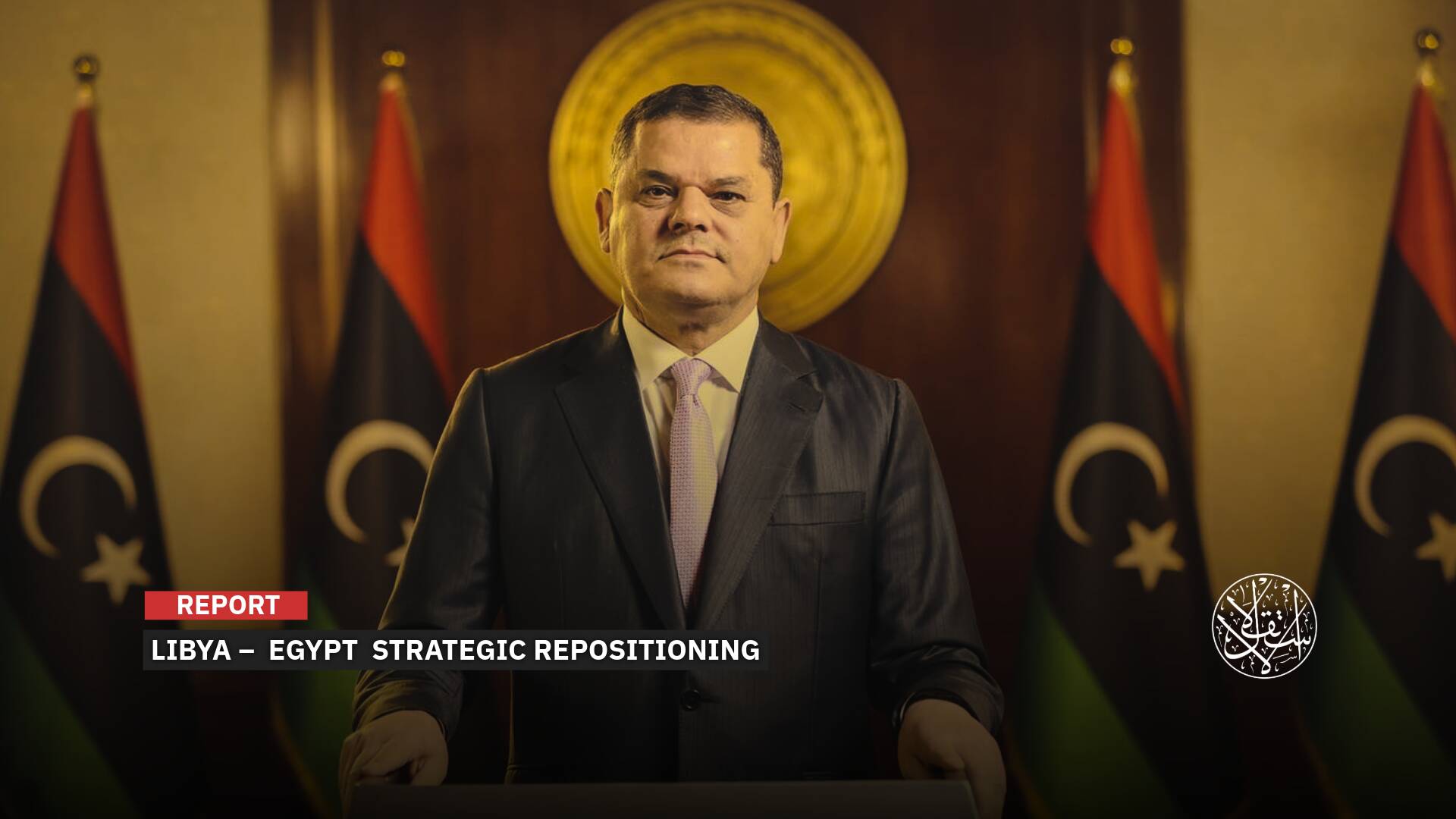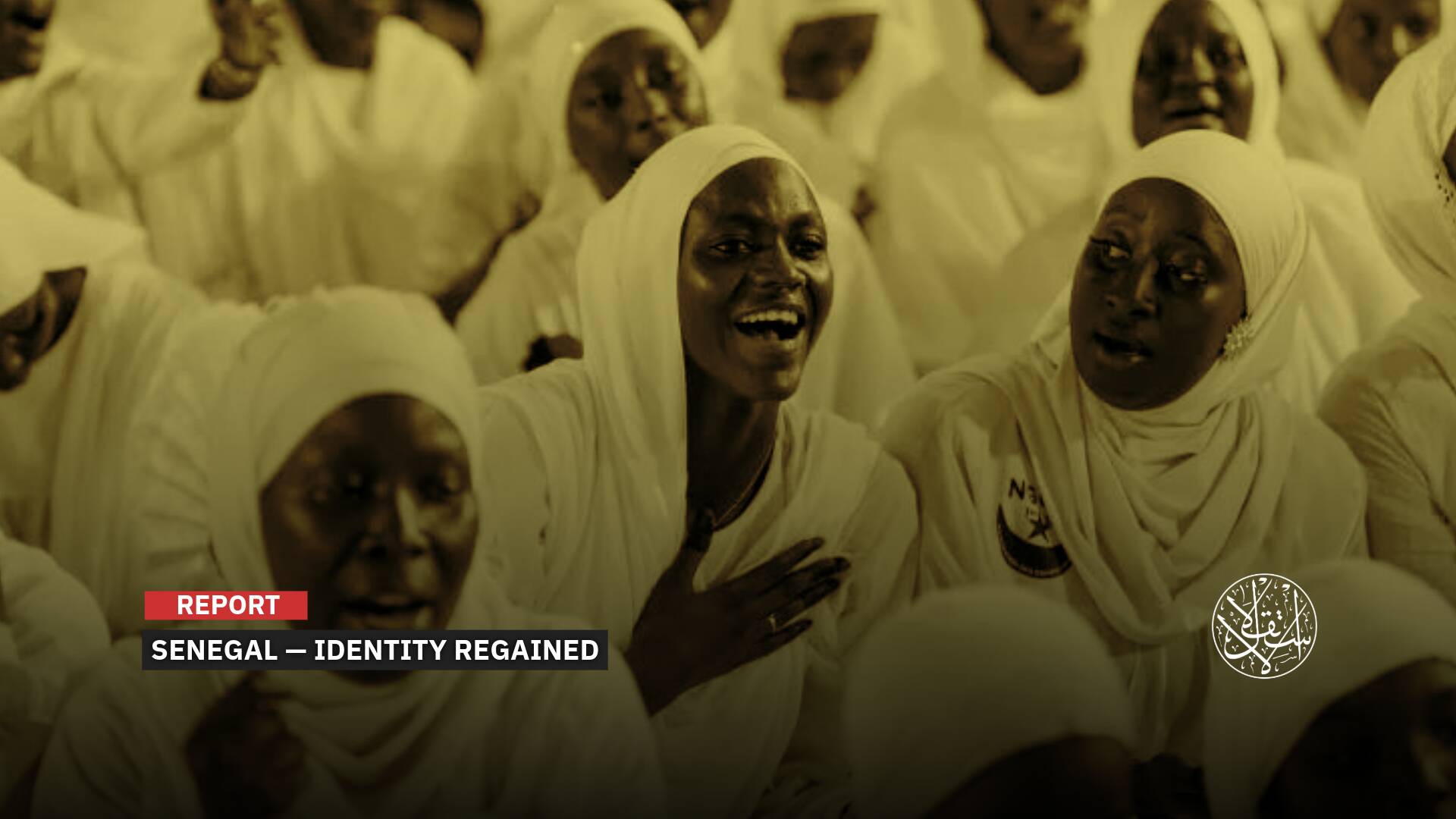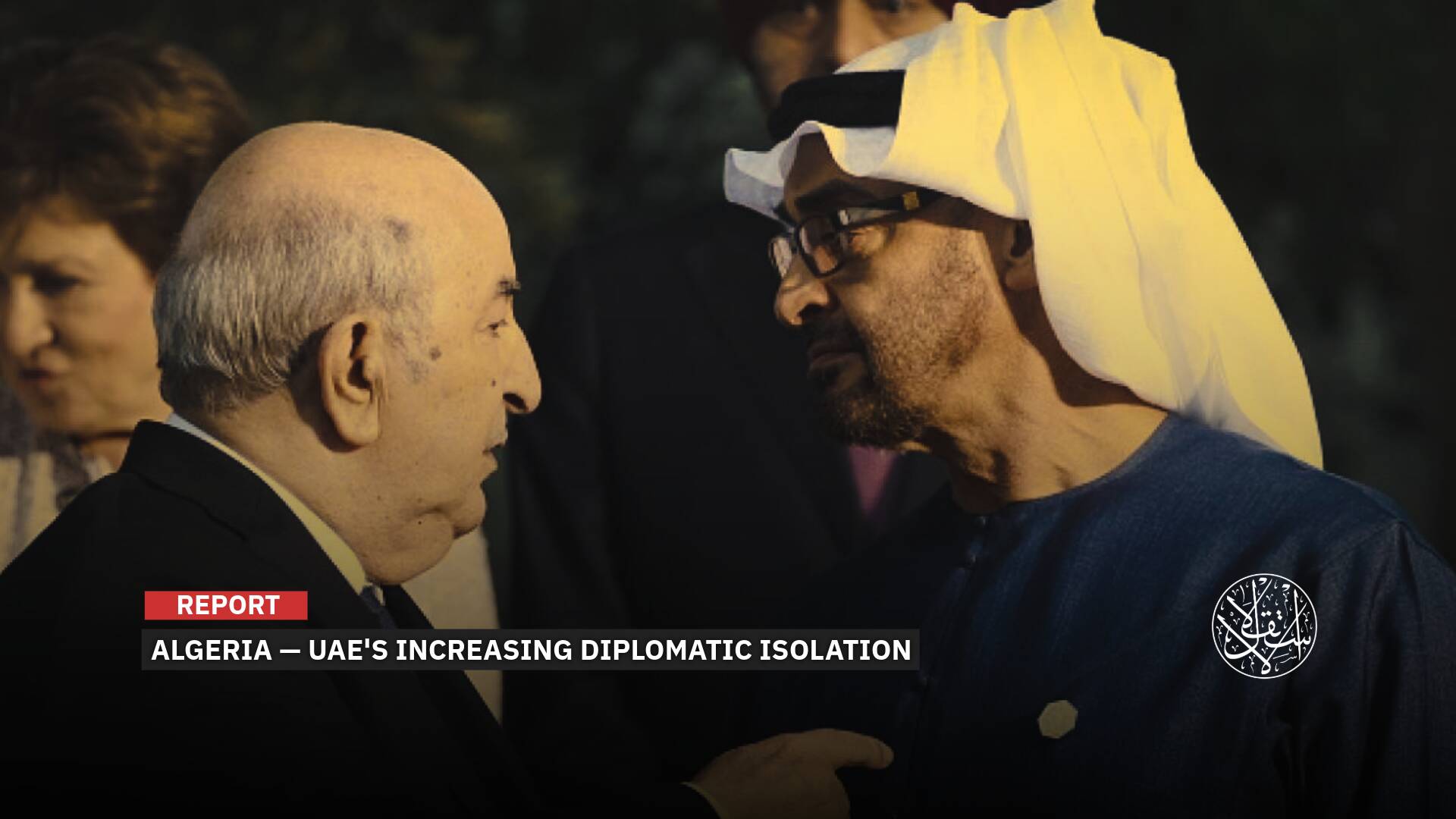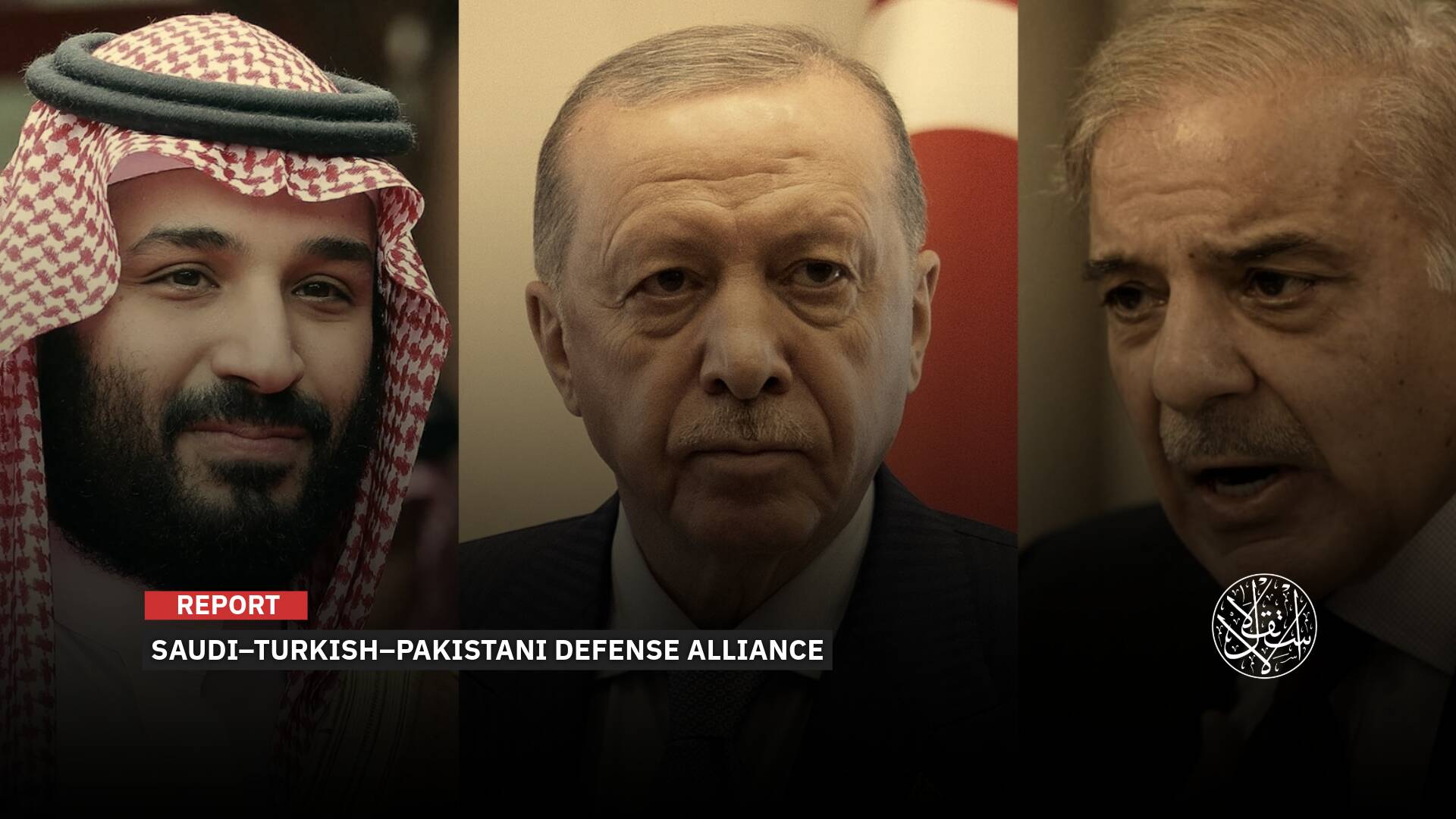Elections in Morocco; Citizens' Punishment for the Islamic Party Was Beyond All Expectations
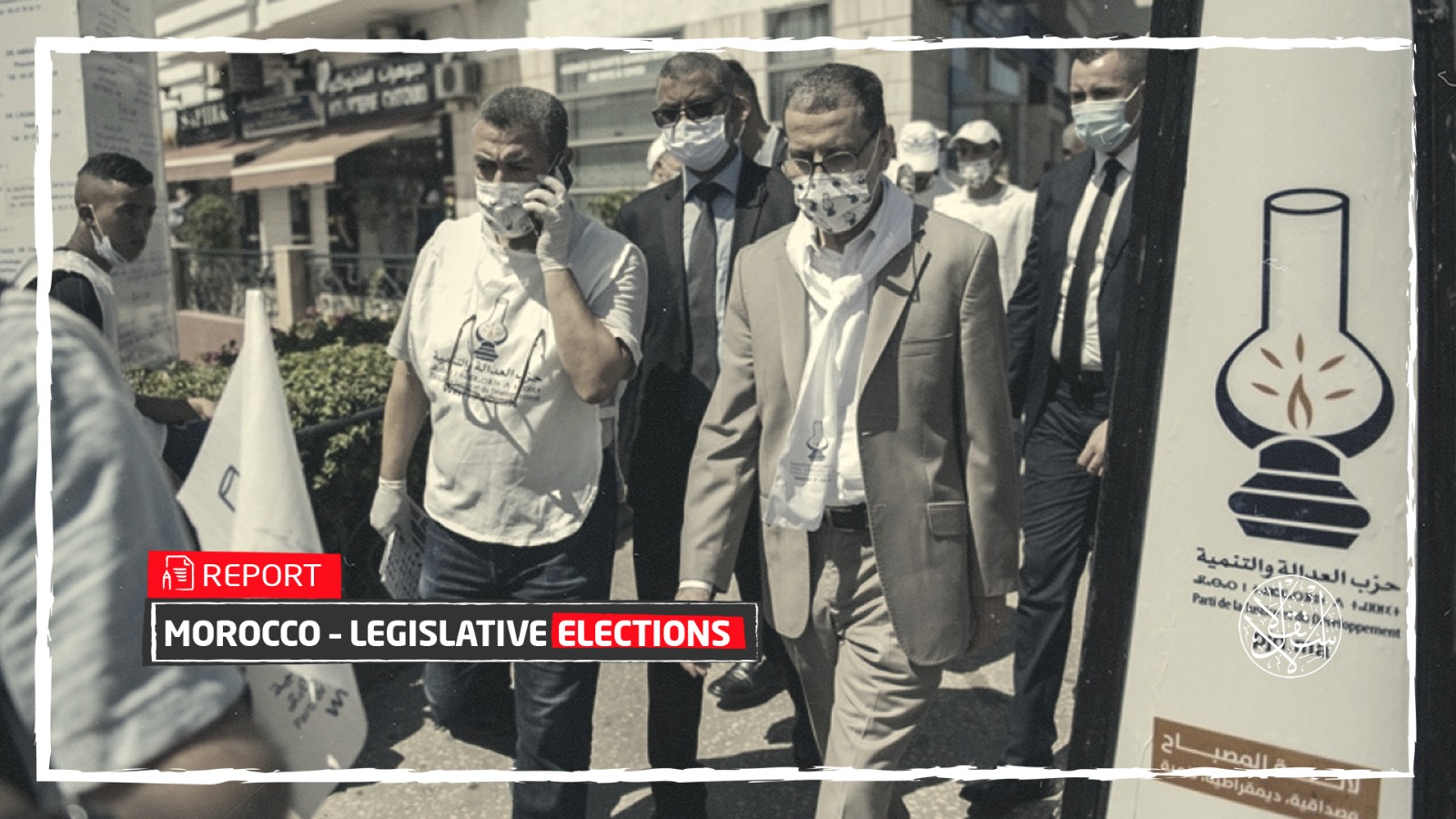
Moroccan Interior Minister Abdel-Wafi Laftit announced the final results of the legislative elections. The National Rally of Independents party (NRI)—the businessmen party—had led the results of the legislative elections with 102 seats.
While it was in the lead with 125 seats in the 2016 Election, the Justice and Development Party (JDP)—The "Islamic" Party—ranked eighth in the September 8 elections with 13 seats, which means that it lost about 112 seats so far.
Aziz Rabbah, Minister of Energy, Minerals and Sustainable Development, and a prominent leader in the Justice and Development Party described the results achieved by his party in the elections as disastrous, he said: “I do not find any explanation for these catastrophic results. If we only count the members, sympathizers, their families, relatives, friends, neighbors, and some employees who are convinced of our work, our effort, and our integrity, if we count this only, we would be in the first ranks and with distinction.”
Abdelilah Benkirane, former head of government and former Secretary-General of the Justice and Development Party, called the prime minister of the outgoing government Saad-Eddine El Othmani, to resign from his position as leader of the JDP.
Benkirane published, on his Facebook account, a post stating that, “After learning about the painful defeat that our party suffered in the House of the Representatives elections, I consider that it is necessary for the party leader to bear his responsibility and to submit his resignation from the leadership of the party.”
Voter‘s Punishment or Authority’s Oppression?
Othman Bentaleb, the president of the International Forum for Media and Development, said to Al-Estiklal: “Moroccans clearly punished the [JDP] party, and every voting category had legitimate reasons to do so. First, the punishment was from the fragile and medium classes, who suffered a lot during the 10 years of rule of the JDP. The second group includes the disappointed members and sympathizers, who punished the party because of the unjustified concessions and internal struggle for power.”
Redouane Amimi, professor of Political Science at Mohammed V University Agdal Rabat, agrees with Bentaleb’s view of the results of the JDP at the elections as a punishment. Speaking to Al-Estiklal, he said: “These are expected results, because the party that won the elections in 2011 and 2016 and spent two governmental terms could not fulfill the hopes that were held by citizens and voters, especially on the social and economic level.”
From his side, Rachid Adnan, professor at the University of Sidi Mohamed Ben Abdallah in Fez, stressed that “the ability to vote punitively emerged with the great activity of Moroccan youth on the level of social networking sites, enhancing the public political awareness.”
Yet, Driss Bouano, a leader in the JDP believes that “it is unfair to say that people punished the JDP.” He claimed that “The party was subjected to means of political control. What happened is close to the previous control practices of the former Interior Minister Driss Basri but in a soft manner.”
Bouano continued in his speech to Al-Estiklal saying: “Morocco’s democracy does not belong to the well-established democracies that are governed by indicators, including the indicator of the voter's punishment. We are certainly still in the midst of the democratic transition and are slowly probing towards democratic practices imbued with clear democratic traditions and norms.”
Achievements Deficiency
Concerning the Party’s achievements during the 10 years rule period, Redouane Amimi said: “Indeed, the party's failure to achieve tangible results is the reason for punishment. The period that the party spent at the head of the Moroccan government was a long and sufficient period to prove its management capabilities. The political parties, including the JDP Party, have a huge deficit in the way it dealt with the Coronavirus crisis and in answering the aspirations of citizens even though the state has intervened with all its financial and human means to restore balance through a set of initiatives directly led by the king.”
Driss Bouano from the JDP explains that “to say that the party has not made any achievements, is just not true. It is true that there are great needs and terrible shortages that burden the citizens. There are enormous weaknesses in a number of areas. Whatever the party provides as services, it hardly fulfills the needs that the citizen demands.”
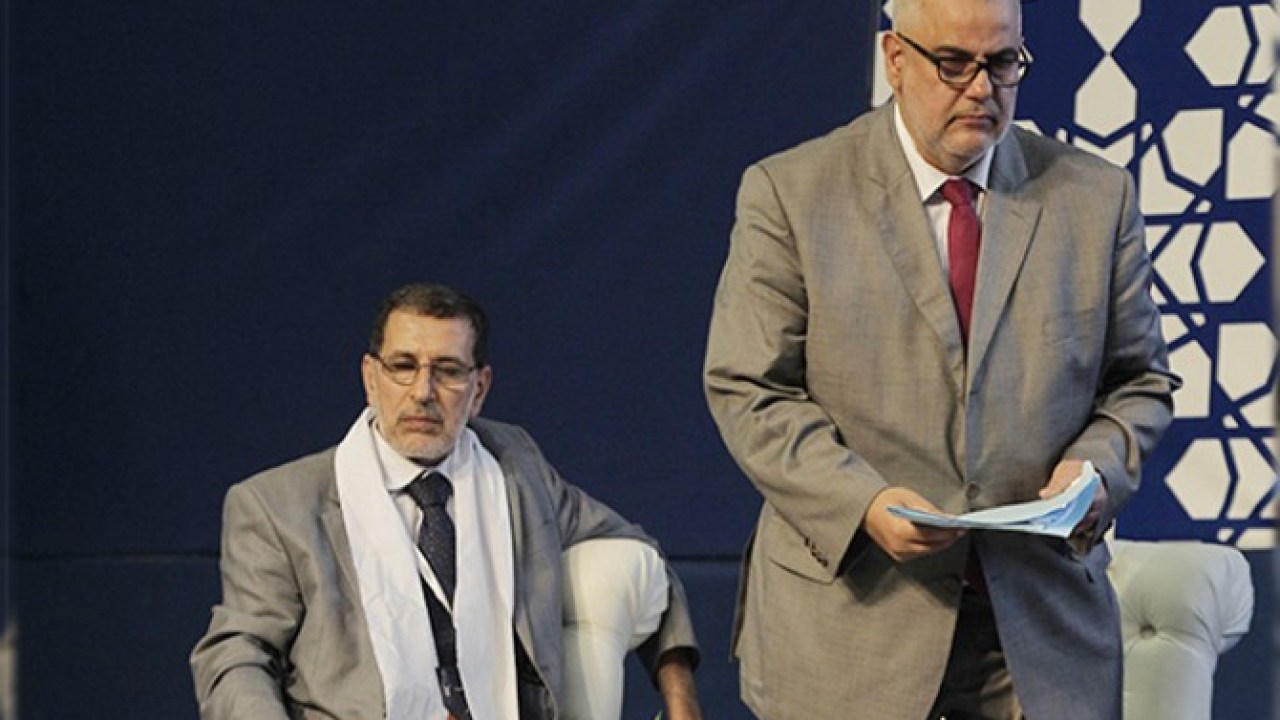
Dissatisfaction with the Prime Minister
The ousted prime minister Saad-Eddine El Othmani didn’t receive enough votes during the elections to be eligible to have a seat in the parliament.
Redouane Amimi commented on the incident by saying: “The message was clear in this electoral district, which is described as ‘the district of death.’ Firstly, the prime minister took an uncalculated risk by running in a district in which he was not accustomed to being nominated into.”
Secondly, Amimi proceeds by explaining that, “it is a clear message from the voters not only to the prime minister personally but also to the government as a whole. They expressed their disappointment about the government’s performance by voting against the prime minister. The party needs to reconsider its political discourse, its programs, and its political elites.”
Dr. Rachid Adnan pointed out to Al-Estiklal that “the weakness of the personality of the Prime Minister Saad-Eddine El Othmani also contributed to some extent to his inability to convince citizens, neither in party campaigns nor during the period of his rule.”
Emotional Empathy Faded
The political analyst and activist Mustapha Amrani, in an interview with Al-Estiklal, emphasized that the middle class had great expectations from the party. Yet, with the government’s blockage that lasted for months, ending with the appointment of Saad-Eddine El Othmani as prime minister, the process of the concessions began. Benkirane, the former leader of the party who was able to convince the citizens and gain votes was discharged in a somewhat degrading way.
During Othmani’s governance, the Liberal Party had only 37 seats in Parliament but was stronger than the Justice Party with its 125 seats. Moroccan’s decision today is to give the responsibility directly to the strong liberal party and then punish it if its members fail after 5 years. Emotional sympathy for JDP, only because the party members are “honest,” faded. Especially with their moral, value, and political transgressions.
Amrani elucidated saying: “In my opinion, Moroccans today are aware that credibility and integrity are not limited to the JDP members. Trustworthy nominees can belong to other parties as well. The Istiklal Party for instance includes many patriotic elites, who are highly qualified in terms of knowledge, experience, and integrity. The party leader Nizar Baraka combines the political and economic experience necessary to lead our country.”
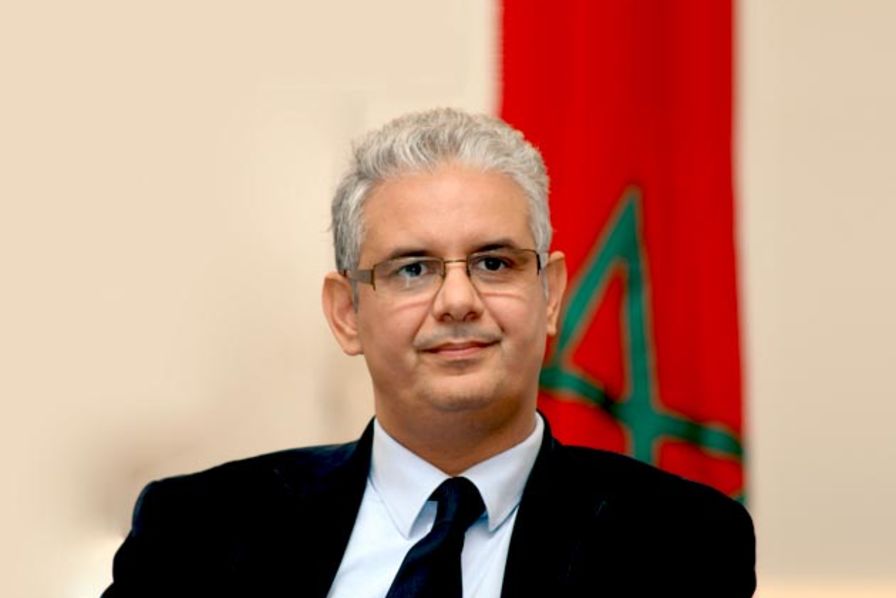
Disappointing Decisions and Positions
Dr. Rachid Adnan said: “The decisions taken by the two previous governments, which were mainly concerned with lifting subsidies on many materials, especially fuels, had a negative impact on the purchasing power, especially for the middle and weak classes.
“Moroccans are devastated by the decisions taken during the era of these two governments, mainly related to raising the retirement age, enacting the contracting system in the public service and besieging the freedom to strike through the application of the wage-for-work rule, among other decisions.”
Yet, Redouane Amimi said that “the political reality in Morocco makes the government not the only power that manages the executive authority. In addition to the government, there is a royal institution that oversees a large part of this executive authority, but the available margin for the government has not been exploited, especially since the government majority was made up of hybrid non-solid alliances.
“There were many decisions that the Moroccan citizen considered unpopular and did not serve the interest of the citizen, including the attempt to stop supporting public education.”
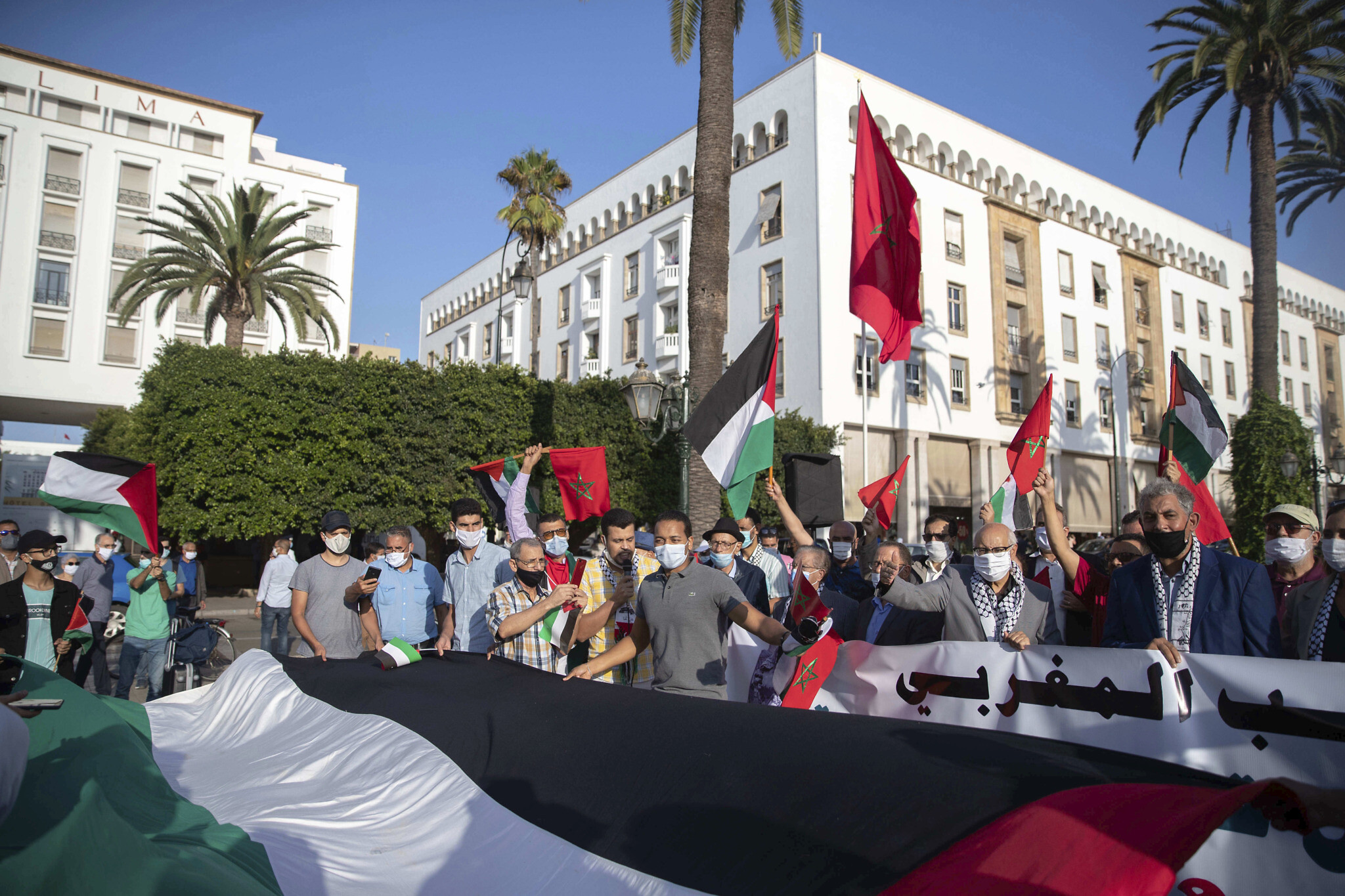
Sources
- After the ‘Resounding Defeat’ in the Elections, Benkirane Calls on Othmani to Resign [Arabic]
- Rabbah: The Results of the PJD Are Catastrophic, I Can’t Find an Explanation for Them [Arabic]
- Mass Resignation of El Othmani and His Brothers After the Defeat, a National Assembly on September 18, and a Conference to Elect a New Leadership [Arabic]
- RNI Topped the Legislative Elections With 97 Seats, and PJD Fell to the Eighth Place With 12 Seats [Arabic]






